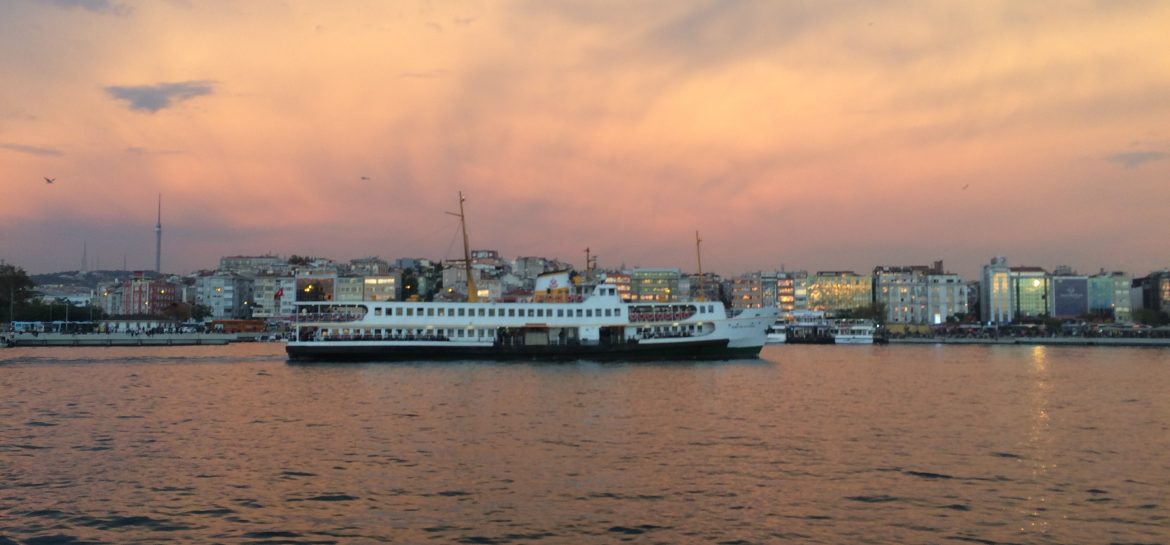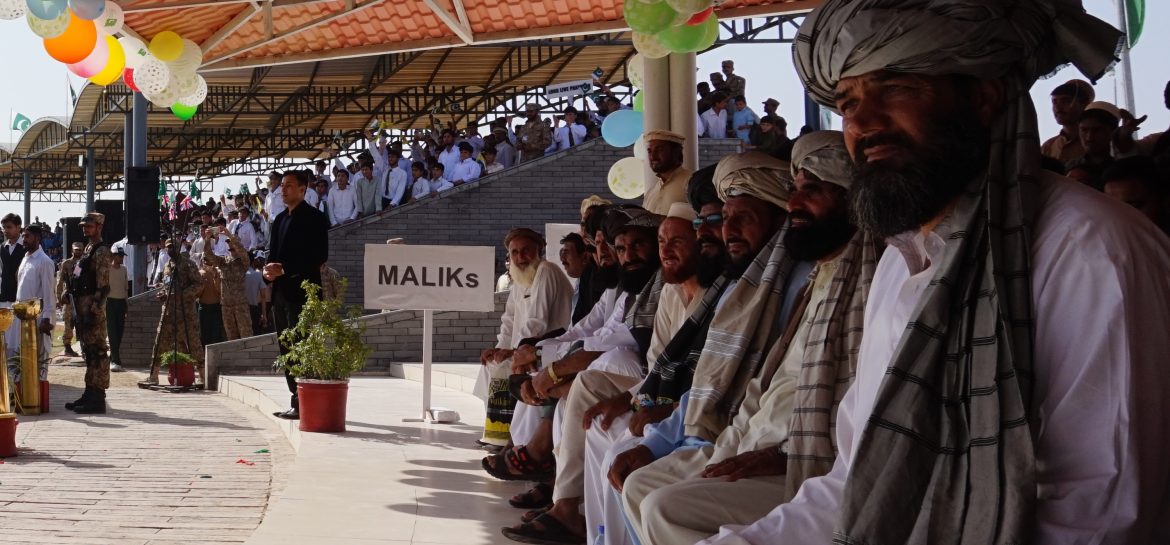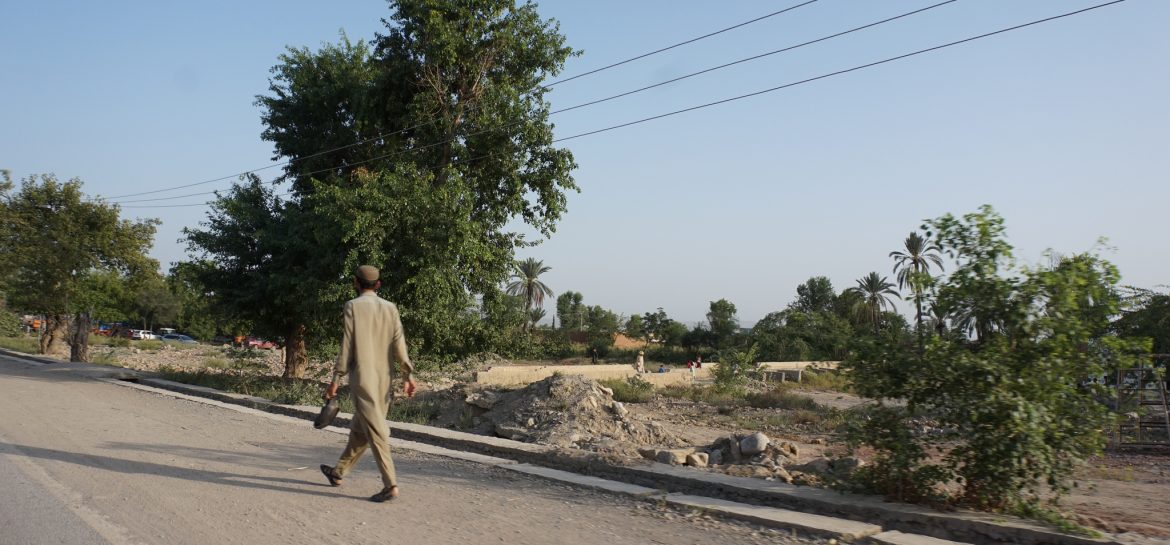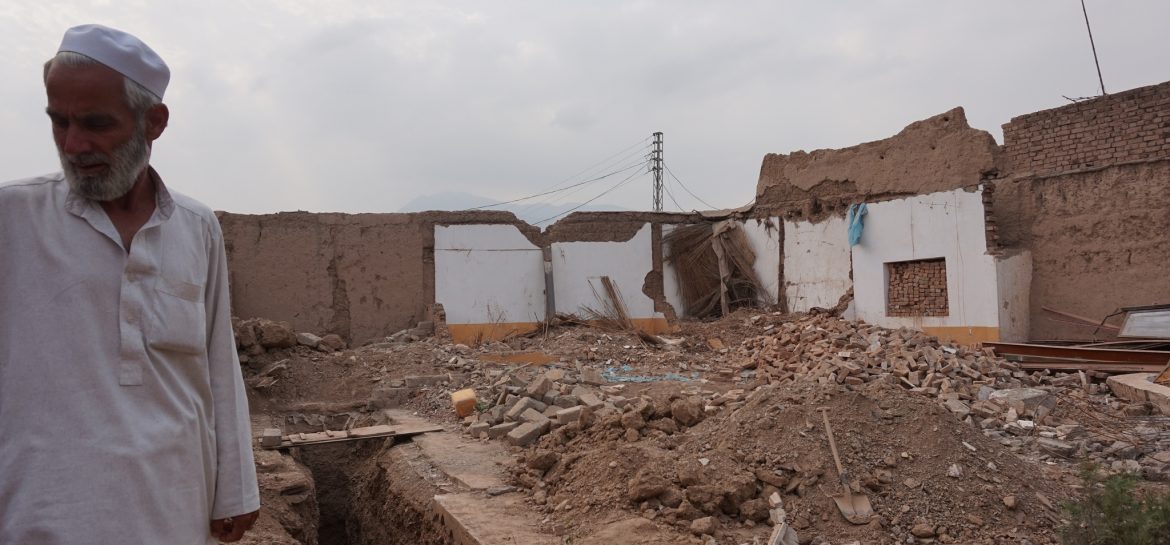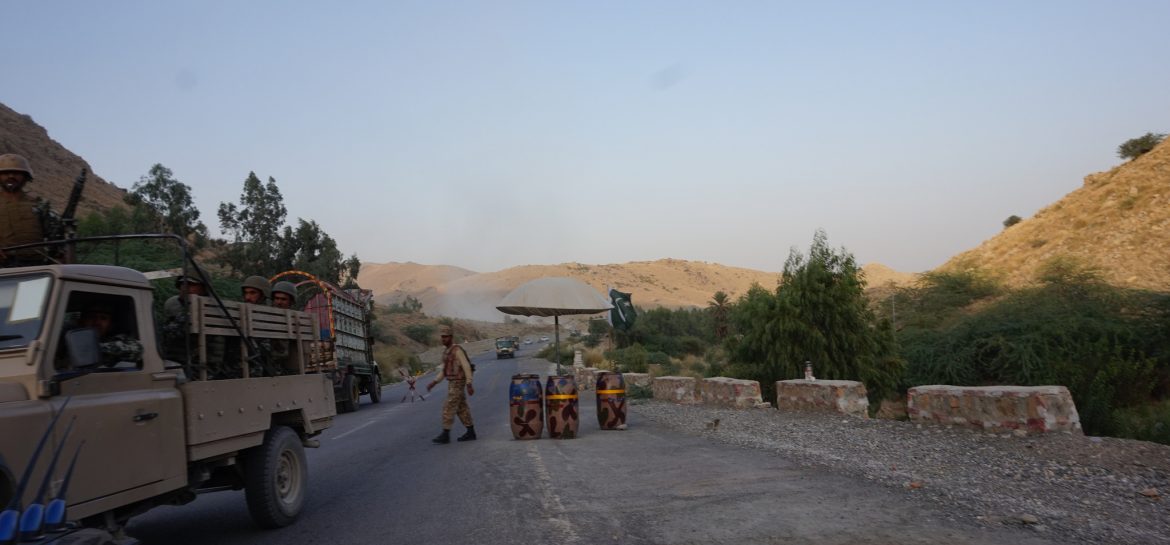For National Geographic: Istanbul — On a bluff overlooking the Sazlıdere Dam just west of Istanbul, a bust of Mustafa Kemal Atatürk, modern Turkey’s founder, is accompanied by a quote: “The villager is the true master of the nation.” But the villagers here know little of what the government plans for them, except that they will not be around to see it. The farmers, fishermen, and shepherds here have watched the forests covering the hilltops surrounding their hamlet rapidly replaced by skyscrapers and sprawling housing…Continue Reading “Will Istanbul’s Massive New Canal Be an Environmental Disaster?”
For Religion News Service: ISTANBUL (RNS) — Mustafa Ergin, a shopkeeper, sits in the back of a crowded audience in Istanbul listening to a panel of economists speaking about cryptocurrencies. Ergin, 42, who owns a corner store nearby, has spent the last few months agonizing over whether he should invest in bitcoin. “I have not bought anything yet, but I want to because it looks like someone could really make money this way,” Ergin said. “But first, I want to figure out if it’s permissible…Continue Reading “Is bitcoin permissible in Islam? Muslims disregard clerics’ warnings and invest”
For The Nation: Miram Shah, North Waziristan—On a sweltering August afternoon in the Pakistani city of Bannu, Malik Ghulam takes a phone call from a relative in Afghanistan. Ghulam is one of the younger elders of the Madakhel, a clan of the Wazir tribe whose members have property on both sides of the Durand Line, the de facto Afghanistan-Pakistan border. The phone call leaves him worried: Someone is crossing the border from Afghanistan onto his tribal land and harvesting pine nuts, one of the few…Continue Reading “In Pakistan’s Tribal Areas, Collective Punishment Is the Law of the Land”
For The Los Angeles Times: The last time Anurkhol Bipolotov saw her husband, Fakhriddin, was across a street, outside a police station in Istanbul, on March 9. “He couldn’t speak, and I asked to speak with him, but they shouted, ‘You cannot speak.’ Then they sent him to Uzbekistan,” she recalled. “Now I have no idea where he is.” That night, Turkish counter-terrorism police conducted 10 simultaneous raids across Istanbul, based on an anonymous tip placed to a hotline set up to report suspicious activity….Continue Reading “Central Asian migrants caught in Turkey’s anti-terror raids”
For The Los Angeles Times: Hassu Khel, Pakistan — For three years, he had lived outside his home province of North Waziristan, one of the most dangerous places in the world. One night in January, 22-year-old Zafarullah came home. Mounds of bricks were strewn where his family’s house had been. In the morning, when there was enough light to see, he carefully stepped over the rubble to avoid any improvised explosive devices, or IEDs, that might have been placed there by militants during their fight…Continue Reading “Pakistan gets a grip on a region known as a nexus of terror — but residents pay a price for peace”
For The Los Angeles Times: Jamrud, Pakistan — A frail Shah Khan Kukikhel was walking through the rubble of what used to be his brother’s home. The trouble, he recalled, had begun after his 19-year-old nephew began to leave the family compound for days at a time. “We got worried, we made him swear on the Koran that he was not involved in any militancy,” said Kukikhel. In June, government officials turned up with an ultimatum: Hand over the nephew, Sheheryar, for interrogation, or the…Continue Reading “‘What kind of justice is this?’ A cry from Pakistan’s remote tribal lands”
For Foreign Affairs: On June 28, Naghma, a 13-year-old girl living in Pakistan’s Federally Administered Tribal Areas, was taken by her uncle and five other relatives to an empty room in a house nearby and shot five times with an AK-47. She had apparently brought shame to the family by trying to run away with a young man from her neighborhood and one of his friends. Although her murder was but one of the thousands of “honor killings” that occur in Pakistan each year, it…Continue Reading “How War Altered Pakistan’s Tribal Areas”
For The Los Angeles Times: Millions of people gathered across Turkey in observance of one year since civilians poured into the streets and confronted rebel soldiers, thwarting what would have been the country’s fourth military coup. At least 250 people were killed and more than 2,000 wounded the night of July 15, 2016, when a faction of the military deployed fighter jets, attack helicopters, tanks, and other heavy weapons against the government. The July 15, 2016, Saga, as the Turkish government has branded the event,…Continue Reading “Turkey marks anniversary of failed coup attempt”
For The Los Angeles Times: As the time for afternoon prayers approaches, Onder Soy puts on a white robe and cap and switches on the microphone in a small 19th century room adjoining the Hagia Sophia. Soon, Soy’s melodic call to prayer rings out over a square filled with tourists hurrying to visit some of Turkey’s most famous historical sights before they close for the day. The room Soy is in — built as a resting place for the sultan and now officially called the…Continue Reading “Voices grow louder in Turkey to convert Hagia Sophia from a museum back to mosque”
For The Los Angeles Times: Last month’s constitutional referendum may have yielded a victory for President Recep Tayyip Erdogan, enshrining vast powers for him and his Justice and Development Party, or AKP, but the results were far closer than his supporters were expecting, largely because of growing discontent within Turkey’s conservatives. Erdogan has counted on conservatives’ support for more than 14 years, but his authoritarian style of governance and his pragmatic foreign policy are pushing a segment of Turkey’s Islamists to turn against him. “The…Continue Reading “Erdogan’s authoritarian style and pragmatic foreign policy turn some Turkish Islamists against him”
